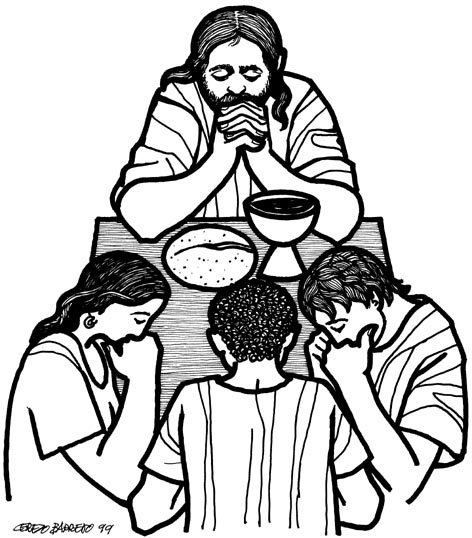 |
| Gethsemane today. |
- Something you know about God – Praise Him!
- Take a minute to talk to God about something you wish you hadn’t done. (Not out loud.)
- Thank God for something He’s done.
- Is there anything you want God to do?
Matthew 26:36-42
Then Jesus went with the disciples to a place called Gethsemane. He said to them, “Stay here while I go over there and pray.” He took Peter and Zebedee’s two sons with him. He was beginning to feel deep anguish. Then he said to them, “My anguish is so great that I feel as if I’m dying. Wait here, and stay awake with me.” After walking a little farther, he quickly bowed with his face to the ground and prayed, “Father, if it’s possible, let this cup of suffering be taken away from me. But let your will be done rather than mine.”
When he went back to the disciples, he found them asleep. He said to Peter, “Couldn’t you stay awake with me for one hour? 41Stay awake, and pray that you won’t be tempted. You want to do what’s right, but you’re weak.” Then he went away a second time and prayed, “Father, if this cup cannot be taken away unless I drink it, let your will be done.”
Psalm 13 (a psalm by David.)
How long, O Lord? Will you forget me forever?
How long will you hide your face from me?
How long must I make decisions alone with sorrow in my heart day after day?
How long will my enemy triumph over me?
Look at me! Answer me, O Lord my God!
Light up my eyes, or else I will die and my enemy will say, “I have overpowered him.”
My opponents will rejoice because I have been shaken.
But I trust your mercy.
My heart finds joy in your salvation.
I will sing to the Lord because he has been good to me.
Watch the Nooma called Open. (019)
(This is a trailer. Of course you can find the whole thing on you tube, but you might consider supporting the ministry by buying it.)
1. What did you notice?
2. Why is it important to be honest – even brutally honest – with God about how we feel? How was David or Jesus honest?
3. Why should we pray? What will we get out of it?
Before Jesus went to the garden, he prayed for his followers – including us!
John 17:9-26
“I pray for them. I’m not praying for the world but for those you gave me, because they are yours. Everything I have is yours, and everything you have is mine. I have been given glory by the people you have given me. I won’t be in the world much longer, but they are in the world, and I’m coming back to you. Holy Father, keep them safe by the power of your name, the name that you gave me, so that their unity may be like ours. While I was with them, I kept them safe by the power of your name, the name that you gave me. I watched over them, and none of them, except one person, became lost. So Scripture came true.
“But now, Father, I’m coming back to you. I say these things while I’m still in the world so that they will have the same joy that I have. I have given them your message. But the world has hated them because they don’t belong to the world any more than I belong to the world. I’m not asking you to take them out of the world but to protect them from the evil one. They don’t belong to the world any more than I belong to the world.
Use the truth to make them holy. Your words are truth. I have sent them into the world the same way you sent me into the world. I’m dedicating myself to this holy work I’m doing for them so that they, too, will use the truth to be holy.
“I’m not praying only for them. I’m also praying for those who will believe in me through their message. I pray that all of these people continue to have unity in the way that you, Father, are in me and I am in you. I pray that they may be united with us so that the world will believe that you have sent me. I have given them the glory that you gave me. I did this so that they are united in the same way we are. I am in them, and you are in me. So they are completely united. In this way the world knows that you have sent me and that you have loved them in the same way you have loved me.
“Father, I want those you have given to me to be with me, to be where I am. I want them to see my glory, which you gave me because you loved me before the world was made. Righteous Father, the world didn’t know you. Yet, I knew you, and these disciples have known that you sent me. I have made your name known to them, and I will make it known so that the love you have for me will be in them and I will be in them.”
 4. How can you know that Jesus was praying this for you as well as praying it for his disciples then?
4. How can you know that Jesus was praying this for you as well as praying it for his disciples then?5. What are three of the several things Jesus prayed for us? Pick one: why would he want that for us?
6. What part of this prayer matters the most to you? Why does it matter to know that Jesus wants that for you
7. Write down one thing that you got out of today’s lesson.
Photo credits: from Flickr, lyng883; from servicioskoinonia.org via markdaniels.blogspot.com







